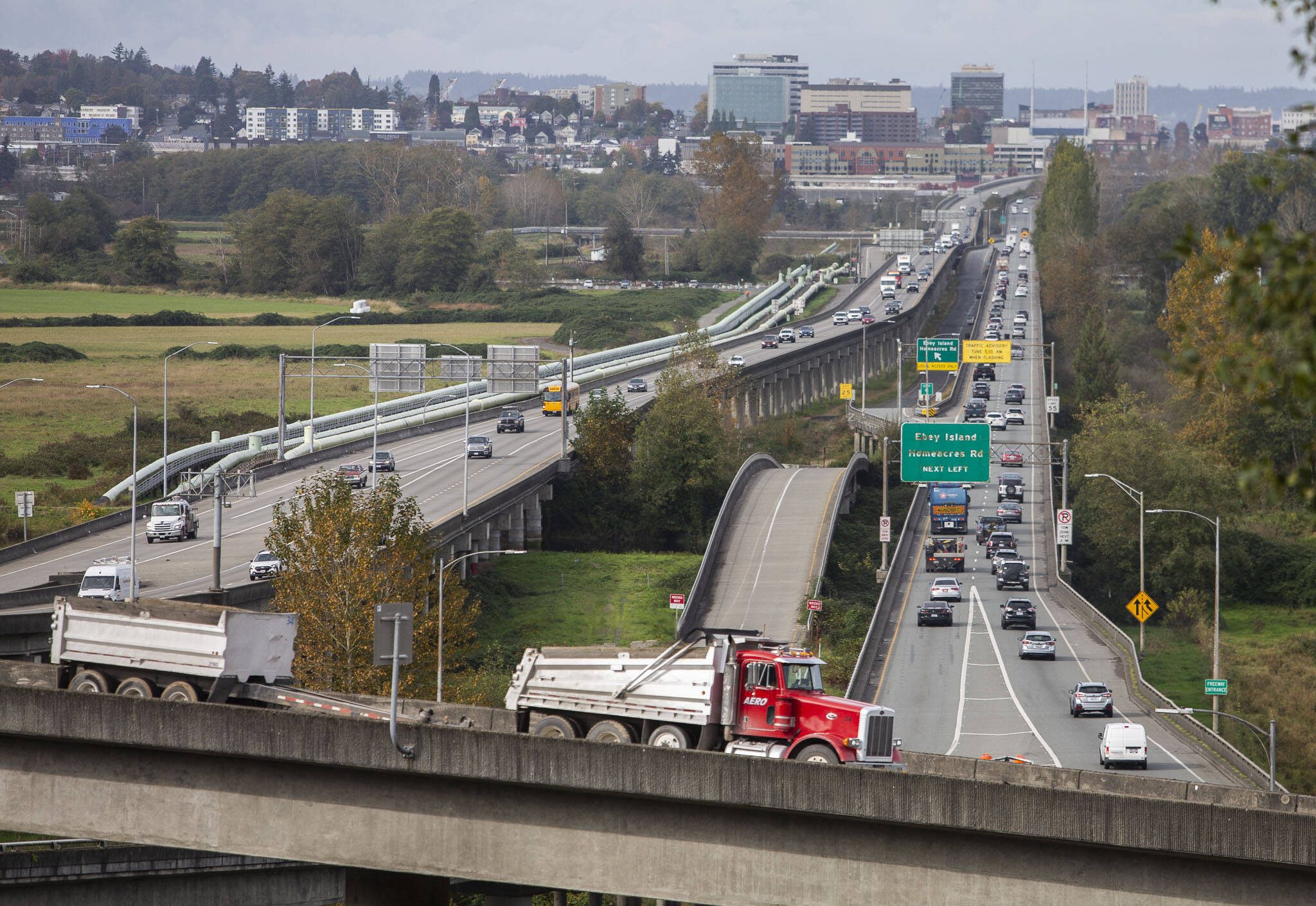EVERETT — On Thursday, the U.S. Senate revoked three waivers in California governing the state’s vehicle emissions. The overturned waivers block the state’s mandate to phase out all gas-powered cars by 2035 and tighten emissions on certain trucks. The House voted on the waivers last month.
The vote was 51-44, with only Democratic Sen. Elissa Slotkin of Michigan siding with Republicans.
Under the federal Clean Air Act, California has historically been able to create its own stricter emission standards compared to national standards with the approval of the Environmental Protection Agency, which gives the state waivers for each approved policy. Other states have had the option to adopt California’s more stringent policies.
Washington is one of 17 states to do so, meaning its ability to enforce certain vehicle policies is jeopardized by the federal government’s latest decision.
There are questions of legality about the federal government’s use of the Congressional Review Act, which was cited to revoke the waivers. The Senate parliamentarian, a nonpartisan staffer who interprets Senate’s rules, and the Government Accountability Office, both concluded it was an illegal use of the act. While the determinations are only advisories, the staffer’s and office’s guidance are traditionally followed.
California Attorney General Rob Bonta has said the state will challenge the action in court, but in the meantime, public health groups, environmental agencies and government officials in Washington are worried how the decisions will hinder the state’s ability to meet its emission goals.
By 2050, Washington must cut gas emissions by 95% of 1990 levels. The most recent data from the State Department of Ecology shows that transportation is the largest contributor to statewide emissions, at almost 40%.
“The Senate’s action to waive California’s vehicle emissions standards will drastically impact Washington’s ability to combat climate change, will hurt human and environmental health, and will set economic and job growth back,” wrote Michael Mann, executive director of Clean and Prosperous, a climate policy research organization. “Ultimately, this is a step backward that will increase air pollution and delay the transition to cleaner, more affordable sources of transportation fuels for Washington businesses and drivers.”
Eliza Aronson: 425-339-3434; eliza.aronson@heraldnet.com; X: @ElizaAronson.
Eliza’s stories are supported by the Herald’s Environmental and Climate Reporting Fund.
Talk to us
> Give us your news tips.
> Send us a letter to the editor.
> More Herald contact information.

























